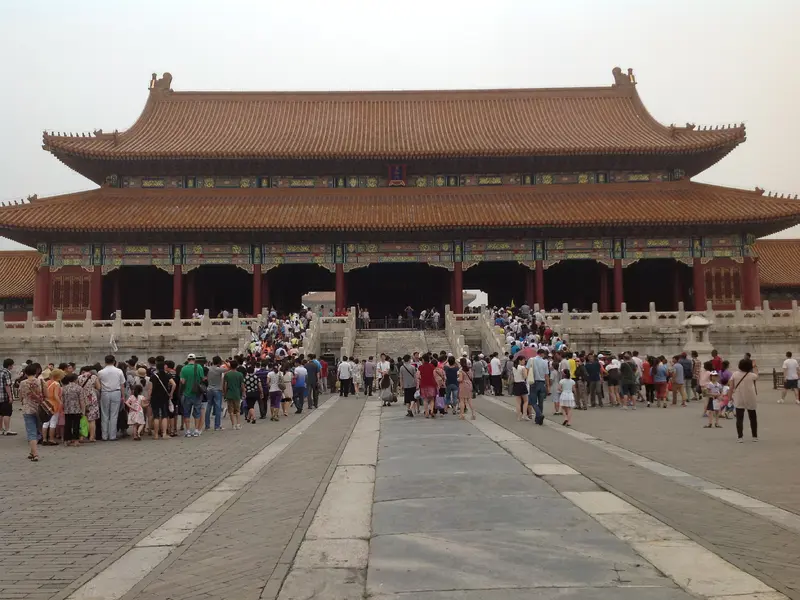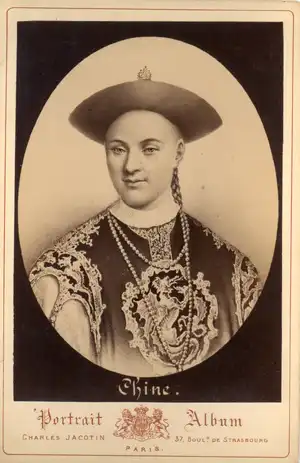Perspective
"There is nothing more difficult to plan, more doubtful of success, nor more dangerous to manage than the creation of a new system. For the initiator has the enmity of all who would profit by the preservation of the old system and merely lukewarm defenders in those who would gain by the new one." Machiavelli
Looking back thru history it seems that different is not always welcome, especially when there are established ways of doing things and people who benefit from that arrangement. This is true because often those who benefit from the established way don't have the bigger picture mindset and perspective to see how they too can benefit from something new, even though on the surface it may seem that they would be adversely affected by doing things differently.
Change is the only constant, and creativity and expansion are what fuels progress in all areas of life. So, the attempt to control and moderate growth and expansion, in order to keep things the way they are and the way they have been, is like trying to turn the water of a moving river into a stagnate pond. It's counterproductive.
All thru recorded history people who have attempted to make changes to the established way of doing things have been met with resistance. Yes, at the time some ideas may seem radical, but often, given a little time and a slight shift of perspective, they prove themselves to be self evident and beneficial to all. As an example from recent history, here is a decree issued by the next to the last emperor of China, Kuang Hsu, during what has become known as the Hundred Days Reform.
"The Government of the Chinese Empire, striving to elevate the various departments of the administration, and with the sole design of conferring benefits on the people, wishes to employ to this end the methods of the nations of the West, since what is common to the Western nations and the Chinese, has been brought to greater excellence by the former, and may, therefore, serve for our advancement.
At the same time, the bureaucrats and scholars of this Empire, whose views of foreign nations are characterized by the greatest ignorance, pretend that Western nations are totally devoid of order and enlightenment, not knowing that among the Western nations there are many forms of political science which have as their sole aim the moral elevation of the people, and their material well-being, and which, from their high moral development, are able to heap benefits upon mankind, and to prolong the span of human life. In the West, all efforts are directed to procuring the blessings which mankind is entitled to.
In our ceaseless efforts to reform various departments of the administration, we are by no means prompted by a mere desire for novelty, but by a sincere aspiration for the well-being of the Empire entrusted to us by Providence, and handed down to us by our ancestors. We shall not have fulfilled our duty, if we fail to secure to all our people, the blessings of peace and prosperity.
Are we are not less grieved at the slights which China has had to submit to, at the hands of foreign governments. But so long as we do not possess the knowledge and science of other peoples, we shall not be able to defend ourselves against them.
At the same time, our subjects evidently fail to understand the true purpose of our unsleeping endeavors and exertions. The reason of this is that the lower classes of officials and the bureaucrats devoted to routine [the Scribes and Pharisees] not only do not make our intentions clear, but on the contrary, intentionally confuse the people with vain and unseemly speeches. Grieved and vexed that a true understanding of our intentions has not reached our subjects, we inform all China, by the present decree, of the true purpose of our doings. This is in order that our enlightened intentions may be known to the whole people, and that the people may know that trust is to be reposed in their Ruler, who, with the help of all, will mould the Government according to new principles, for the strengthening and elevation of the Chinese Empire.
To this end we order the Viceroys and Governors to print these our decrees, and to exhibit them on notice-boards, and we order the Prefects and District Magistrates, and all school masters, to explain these decrees to the people. And likewise, we command the Treasurers, Provincial Judges, District Inspectors, Prefects, heads of districts and sub-districts, to lay before us, without fear, statements of their views on all imperial questions. And these statements are to be forwarded to us sealed, and must on no account be kept back by Viceroys and Governors."
There was eventually a coup against the Emperor, led by his aunt the Dowager Empress Cixi. He lived the next 10 years in isolation, and ultimately died due to poisoning. However, the efforts made during that time did set in motion circumstances that eventually led to shifting power away from the stagnant and corrupt bureaucracy.
Had the efforts toward reform not been so actively resisted by people in all levels of the bureaucracy, who were more concerned about their own self interest than what was best for everyone, things could have been different. No matter how it is viewed, it is apparent from our perspective now, here in the 21st century, that the efforts made by those interested in reforming the old ways of that system of governance were simply ahead of their time.
So, in the future, when someone stands up and declares that the Earth is round and not the center of the Universe, and that there might be a better way of doing things, maybe, based on what we have learned from our past, we can give those ideas some consideration, despite the conflict with the established understandings of the day. That would truly be an achievement that would signify an evolution of our collective consciousness, and considering many of the indigenous peoples understandings of the age we are moving into, we may finally be arriving at that time...


